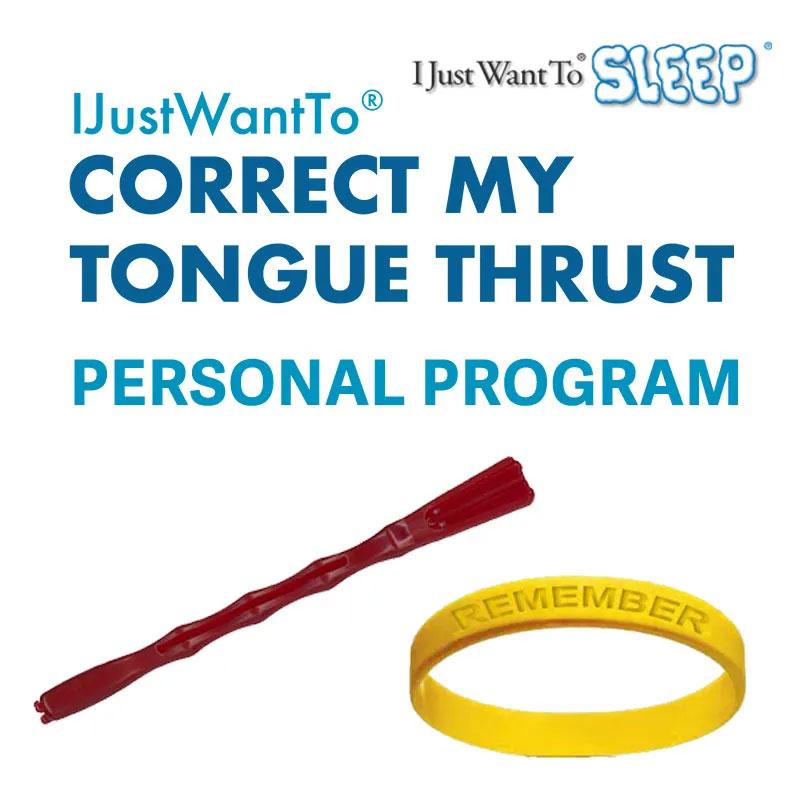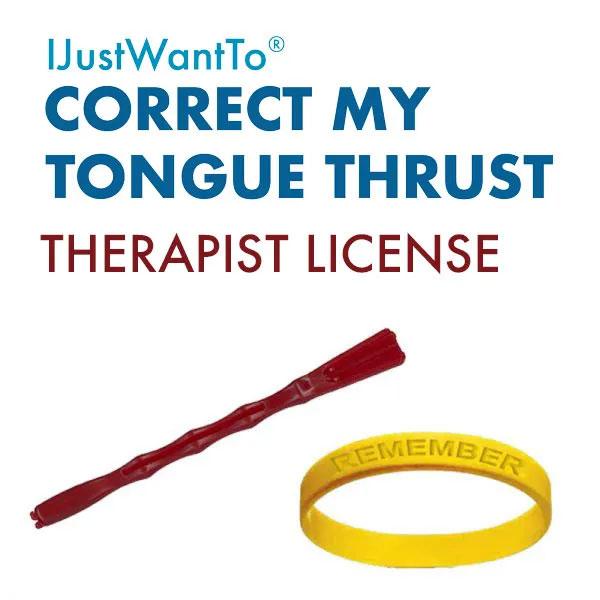Do You Recognize This Snoring Scenario?
Imagine waking up at 3 a.m. and the ONLY thing you hear from your snoring bed partner is SILENCE! Could that be possible?
Your snoring bed partner is keeping you awake again. You have punched him/her because you must get some sleep in order to function the next day. Out to the couch, you go.
Can you imagine sleeping in your own bed with your bed partner and NOT hearing snoring? A large percentage of people who snore deny that they snore because it’s embarrassing. The complaining partner is probably not going to lie about the snoring and it can create relationship problems especially when everyone involved is sleep deprived. The complaining partner can have the same sleep deprivation symptoms as the snoring bed partner: daytime sleepiness, decreased cognitive function, increased chances of accidents, irritability, and more.
What do you do about snoring? Sometimes even moving to another room doesn’t keep you from hearing it. Some people have reported the windows rattling because the snoring is so loud. If you are lucky enough, you can hurry to bed and fall asleep before the snoring bed partner gets in bed. That helps a lot if it doesn’t wake you up in the middle of the night and prevents you from going back to sleep.
Jarring Statistics Regarding Snoring
Studies have shown that as many as 40% of American adults snore. 66% of married adults say they have a partner who snores. Partners of snorers can lose roughly 1 hour of sleep every night, waking up to 21 times an hour. Snoring is also right up there with the 3 main reasons for divorce.
One day your snoring bed partner agrees to get help for the snoring problem. Yay! But how do you stop snoring? Most snoring, barring any physical or structural problems, occurs because the person is mouth breathing and it can worsen if the tongue falls down and blocks the airway. When this happens, it is a pretty good sign that the snoring has progressed and is now sleep apnea, which can cause major physical problems. An overnight sleep study can verify if it is sleep apnea or not.
How Can We Help You Get Your Spouse to Stop Snoring for Good?
The IJustWantTo Correct My Tongue Thrust program wants to help people strengthen their tongue and train it to “live” on the roof of the mouth so it cannot fall down and block the airway. Now, when the tongue is up on the roof of the mouth, you cannot breathe through your mouth and you HAVE to breathe through your nose, which is a good thing!
Put your whole tongue up on the roof of your mouth. Can you breathe through your mouth? No, you can’t (unless the sides of your tongue have fallen down). So, this treatment kills two birds with one stone.
The IJustWantTo Correct My Tongue Thrust program consists of Online Videos and a PDF book. The book explains the 7 weekly lessons that are needed to stop snoring. Each lesson has 3-5 different exercises that a person practices 2 times a day. It may just require 10-15 minutes a day to complete the exercises. Most of them can be done while driving or watching TV. They are not hard and do not hurt. The DVD shows a male performing the exercises just in case there is a question about how to do them. The exercises make the tongue stronger and the shape can actually change and then it is easier for the tongue to fit on the roof of the mouth. Around Lesson 4, you train your subconscious mind to keep your tongue on the roof of your mouth while you sleep. Progress may increase if the non-snoring partner offers to do the exercises also. Make it a fun family affair!
Some people need to do 1-2 exercises every few months or so after finishing the 7-week course. Everyone is different but it is possible to control snoring naturally with non-invasive methods.
Try the IJustWantTo Correct My Tongue Thrust program and imagine the sound of SILENCE…



